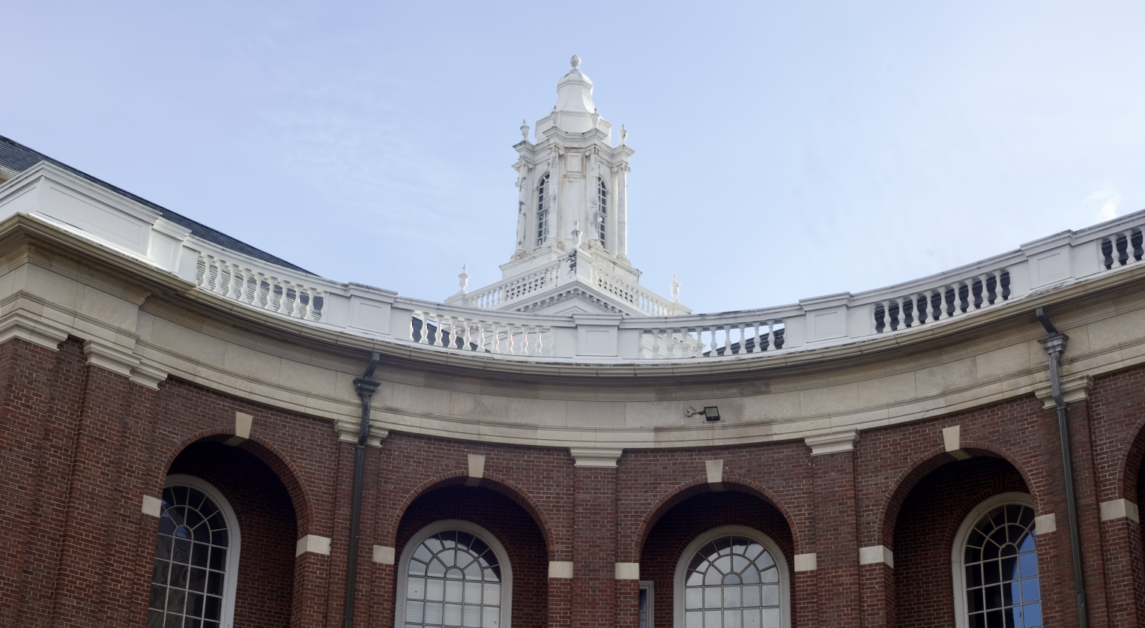Shelley M. Richmond Joseph, a judge in Newton District Court who has been indicted on an obstruction of justice charge for allegedly helping an undocumented immigrant escape from Immigration and Customs Enforcement (ICE), filed a motion to have the charges against her dropped on Friday.
The filing calls the charges “unprecedented,” and referenced a 2017 Massachusetts Supreme Judicial Court decision that state officials have no authority to hold a person on a “civil immigration detainer” if they would have otherwise been released.
“There is a reason why no state judge has ever been prosecuted for not facilitating the immigration policies of the federal government,” the motion said. “The reason is clear: This prosecution flies in the face of established common-law immunity principles, the plain language of the federal obstruction statutes, and the bedrock constitutional principles that underlie our federal system of dual sovereignty.”
It was in April that Joseph allegedly aided Jose Medina-Perez in escaping from ICE agents—she allegedly instructed a court officer, Wesley MacGregor, to take Medina-Perez downstairs to retrieve something. MacGregor then used his security access card to open the sally-port exit downstairs and release Medina-Perez out the back, according to court documents.
Joseph told ICE officers in the courtroom to wait outside, which the indictment said is against Department of Homeland Security (DHS) policy, according to the motion. That request is consistent with Massachusetts policy—the motion said Newton District Court had a policy at the time to keep DHS officers present to execute immigration detainers out of the courtroom.
“Judge Joseph vigorously denies the allegations in the indictment,” the motion said. “But even if the allegations were true, to bring federal criminal charges on the basis of such alleged facts threatens essential principles of ‘[t]he judiciary’s independence from other branches of government and from outside influences and extraneous concerns.’”
Judges are shielded from liability when they are carrying out judicial tasks, and the actions Joseph have been accused of are judicial in nature, the lawyers argue in the motion. Conversations between a judge, prosecutor, and defense attorney; ordering someone to leave the courtroom before the matter he or she is there for; using a recording device during a criminal proceeding; and allowing a defendant to leave the courtroom are all judicial functions, the motion said.
“At bottom, the allegations of the indictment depict a judge taking ordinary judicial actions—the direction of people within her courtroom—allegations that cannot support an argument that Judge Joseph acted in the clear absence of jurisdiction, as would be required to deny immunity,” the lawyers wrote.
Allowing the obstruction charges to stand against Joseph would violate the Tenth Amendment, which prohibits the commandeering of state officials, and the Fifth Amendment, which protects against vague criminal laws, the motion said.
“But that is exactly the purpose and effect of Judge Joseph’s prosecution: to punish her for doing something that the federal government cannot force her to do—assist it in enforcing the federal immigration laws,” Joseph’s lawyers wrote.
“According to the government’s allegations, Judge Joseph exercised what the Supreme Court has described as the ‘critical alternative’ guaranteed to state and local officers by the Tenth Amendment: the option of ‘declin[ing] to administer a federal program.”
Joseph declined a plea deal in May that would have dropped the criminal charges against her. It is unclear if she would have been permitted to return to the bench had she accepted the deal.
Featured Image by Keara Hanlon / For the Heights


















